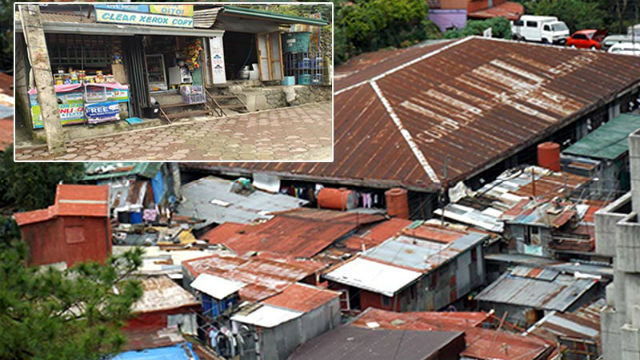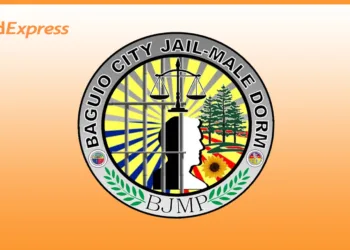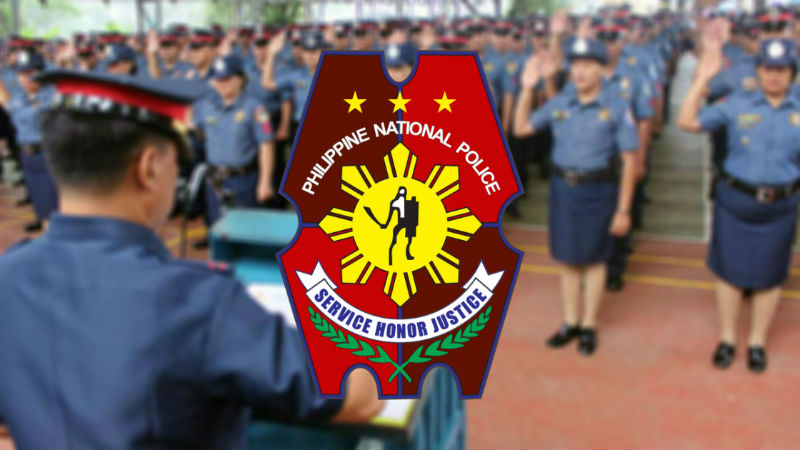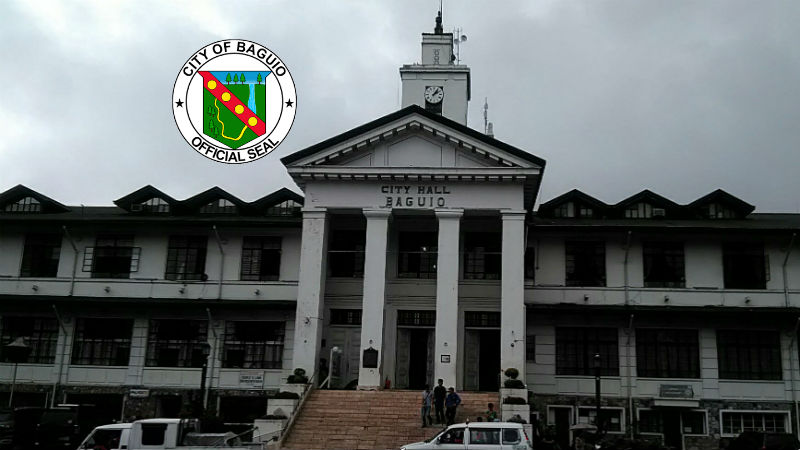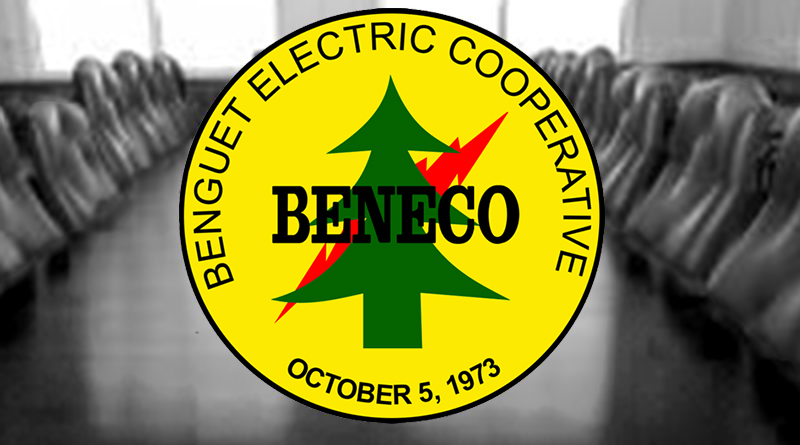BAGUIO CITY – Mayor Mauricio G. Domogan said the inter-agency committee will plan out the desired development of the 5,000-square meter Benguet-Ifugao-Bontoc-Apayao-Kalinga (BIBAK) property along Harrison Road once the demolition of the illegal structures erected over portions of the government property shall have been completed.
The local chief executive claimed that he alone cannot decide what to do with the property because the committee is composed of representatives from the Department of Environment and Natural Resources (DENR) and the National Commission on Indigenous Peoples (NCIP) who also have jurisdiction over the property. Whatever projects that will be implemented within the property will be a collective decision of the inter-agency committee.
“We are elated over the peaceful and orderly implementation of the demolition of the illegal structures. We express our gratitude to those who voluntarily dismantled their structures even prior to the implementation of the demolition order because it made the job of the members of the city demolition team easier. We hope that the informal settlers understand our position on the matter,” Domogan stressed.
He assured that the local government will still continue to support the informal settlers in the finalization of the agreements for their proposed relocation site in the nearby town of La Trinidad with the assistance of the Presidential Commission on the Urban Poor (PCUP), who had always been providing them assistance over the past several years.
According to him, the first thing to be done after the successful implementation of the demolition of the illegal structures is to fence the property and for the members of the inter-agency committee discuss the proposed site development plan and how to implement the proposed projects that will be implemented to uphold the real purpose of the utilization of the property.
Aside from the local chief executive, the other members of the inter-agency committee are the DENR-CAR and NCIP-CAR regional directors.
Domogan underscored that the property must be used for its prescribed purpose which is to supposedly serve as the potential lodging for less fortunate students from the Cordillera and to serve as a venue to highlight the rich cultural heritage of the indigenous peoples (IPs), thus the need to master plan the area to be able to achieve the goals and objectives of the inter-agency committee and concerned stakeholders.
He explained that the demolition of the illegal structures in the BIBAK property has long been overdue and that he had been the subject of negative criticism when the scheduled demolition had been time and again rescheduled because of the repeated appeal from the informal settlers, who asked to defer dismantling of the illegal structures because negotiations for the closure of the deal of their proposed relocation site has not yet been finalized with the land owner.
The BIBAK property is part of the area titled under the name of the Republic of the Philippines under Original Certificate of Title (OCT) No. 1.
By Dexter A. See


